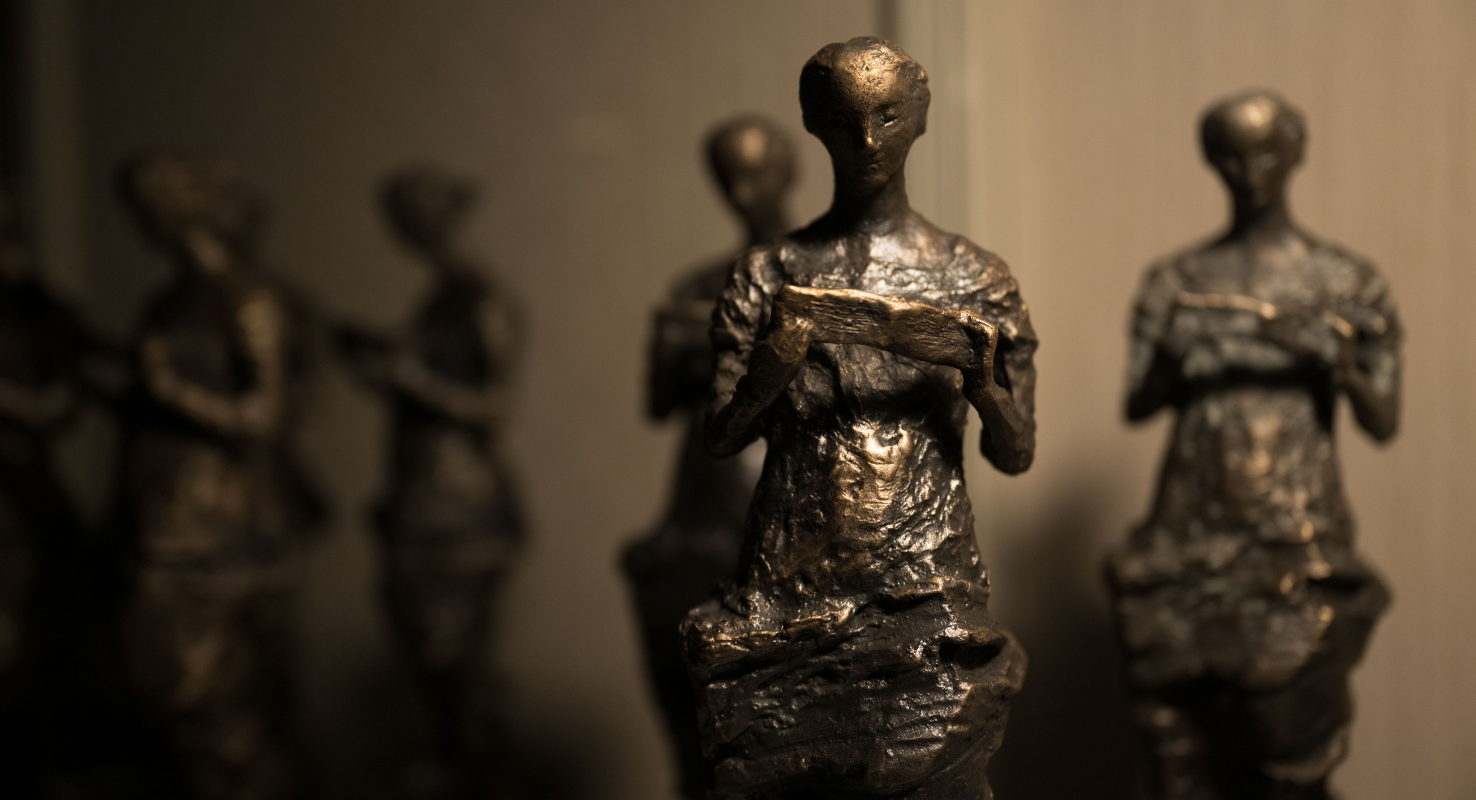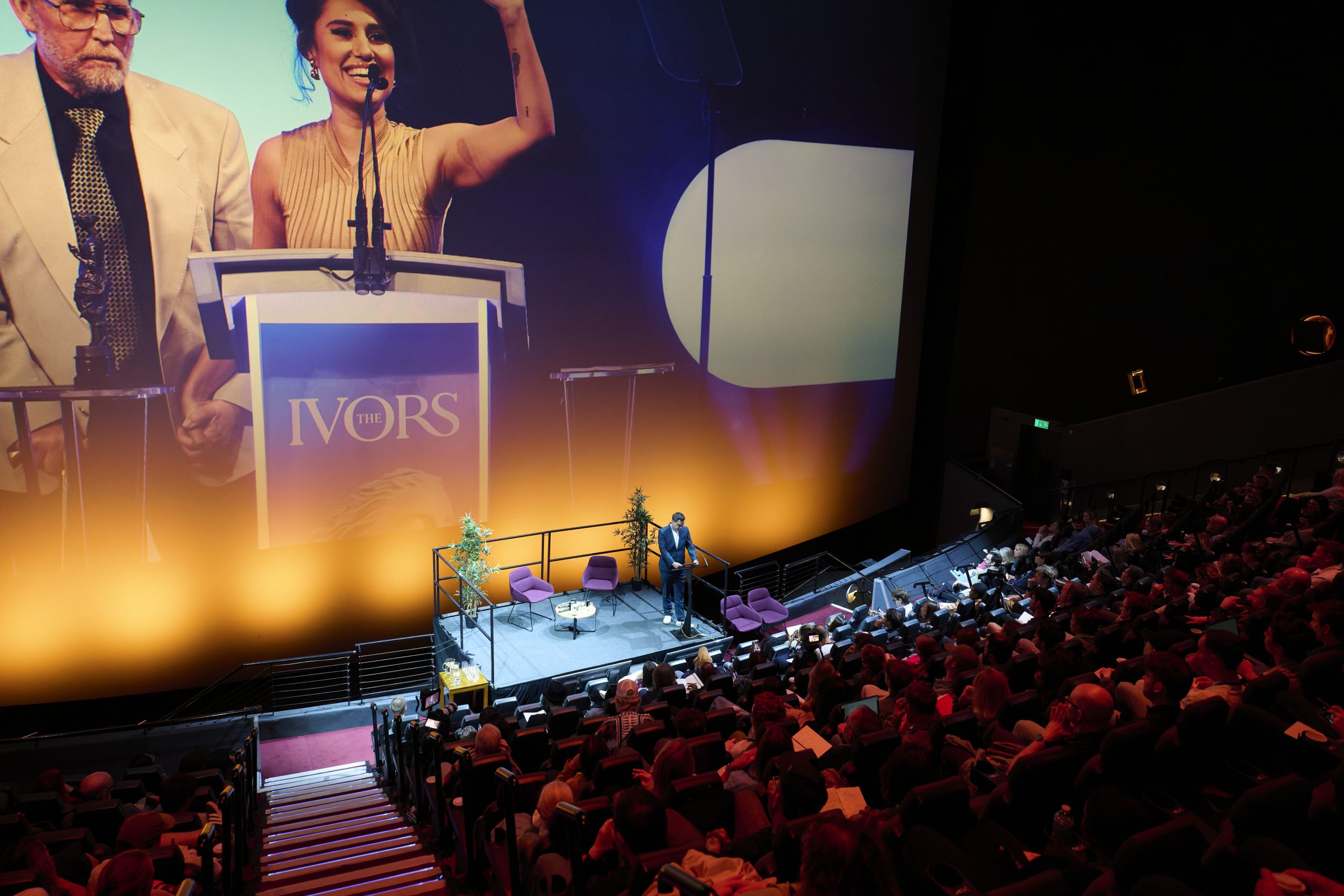Protect
Campaigning and support to protect the rights and earnings of songwriters and composers.

End Ghostwriting
Ensuring media composers receive the credit they deserve
Celebrate
The most prestigious celebrations of songwriters, composers and their champions.

The Ivors with Amazon Music
21 May 2026

